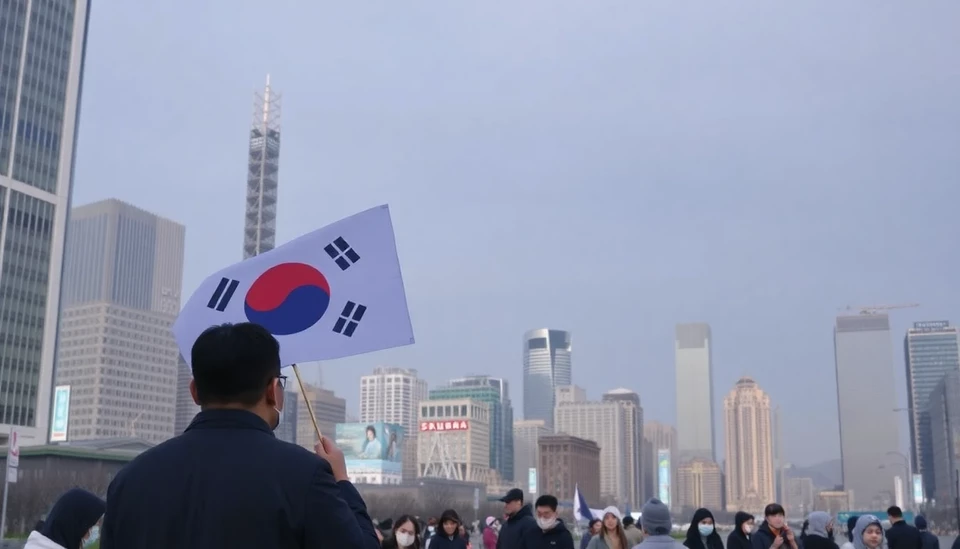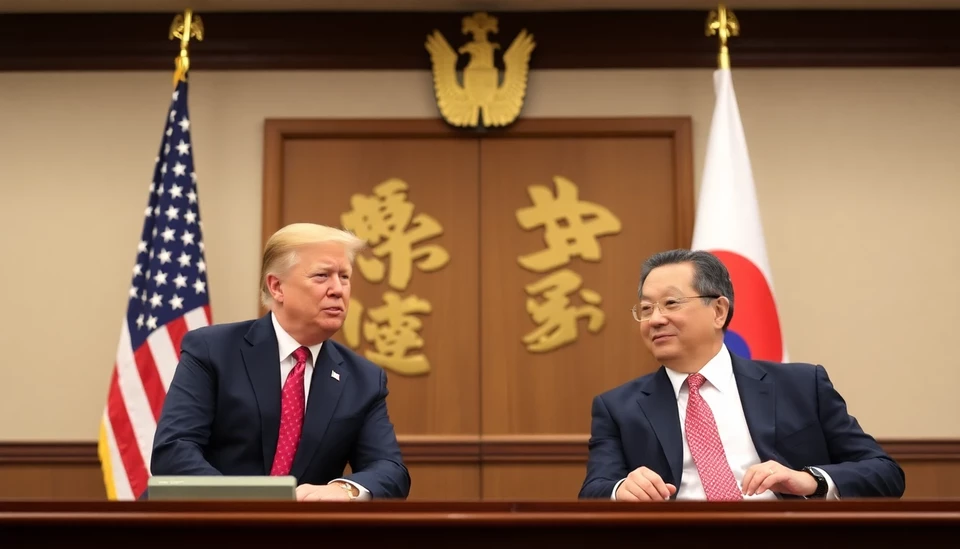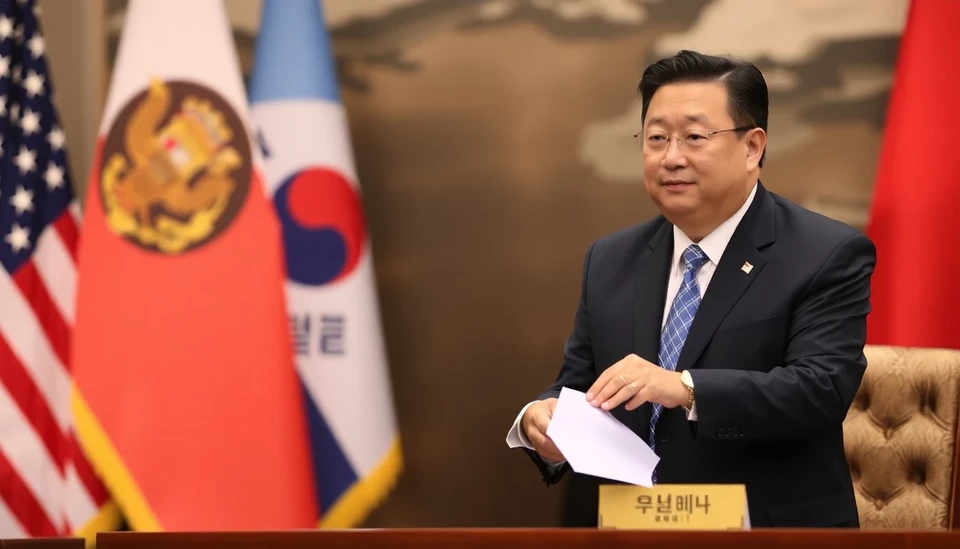
In the wake of intensifying political turmoil, South Korea's economic outlook has recently become a focal point for analysts and policymakers alike. With significant domestic and international challenges on the horizon, experts have begun to express concern regarding the potential implications for the nation’s economy.
As the country grapples with a series of political crises, South Korean officials have raised alarms about the potential risks that might impede economic growth. The political instability has been fueled by public discontent and widespread protests, directed largely at the government’s handling of various issues, including economic inequality and rising living costs.
This environment of uncertainty has not gone unnoticed by the financial market, where investors are beginning to exhibit signs of apprehension. South Korean stocks have faced volatility as a response to the prevailing political situation, prompting fears that a lack of stability could hinder corporate investment and consumer confidence.
Recently, South Korea's economic growth projections have been downgraded, and forecasts now highlight the possibility of a slowdown. The Bank of Korea and the Ministry of Economy and Finance have been closely monitoring economic indicators but have yet to establish a definitive course of action to counteract the potential fallout from the political unrest.
Moreover, South Korea's export-driven economy faces external challenges, particularly due to ongoing global trade tensions and shifting supply chains. With major trade partners also experiencing their own economic uncertainties, the ripple effects are likely to impact South Korea's economic prospects further.
Adding to the complexity is the recent unrest in surrounding regions, particularly linked to geopolitical tensions with North Korea and territorial disputes in the area. The government's response to these issues has often been criticized, leading to a general sentiment of disillusionment among citizens who are worried about both their immediate economic realities and the broader implications for national security.
The mixture of these political and economic environments has led to calls from various groups within South Korea for reforms and transparency in governance. Citizens are increasingly urging their leaders to address underlying socio-economic challenges that have fueled dissatisfaction and dissent. As the government attempts to navigate these pressures, its ability to stabilize both the economy and public sentiment will be crucial in the months ahead.
In conclusion, as South Korea contends with the dual challenges of political upheaval and economic risk, the coming months will be critical in determining how these factors will shape the future of the nation’s economy.
As the situation evolves, both local and global markets will be closely watching South Korea for signs of recovery or further instability.
#SouthKorea #EconomicChallenges #PoliticalUnrest #MarketVolatility #TradeTensions #PublicDissent
Author: Laura Mitchell




